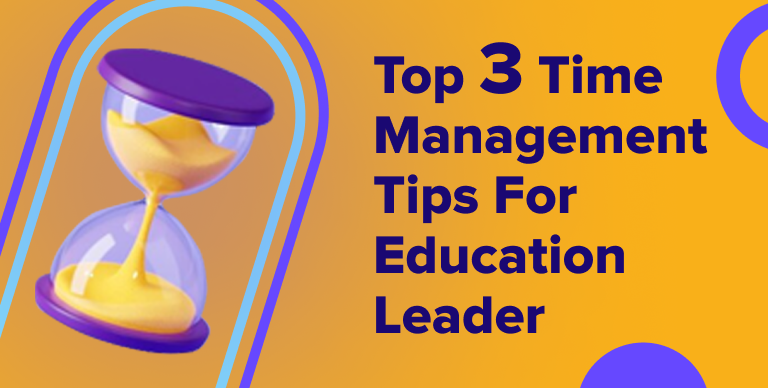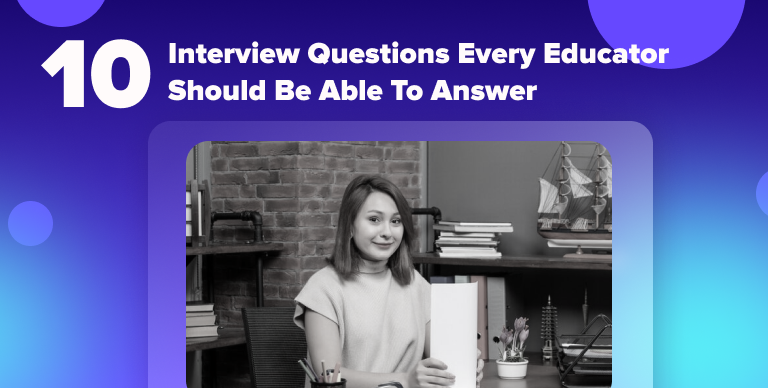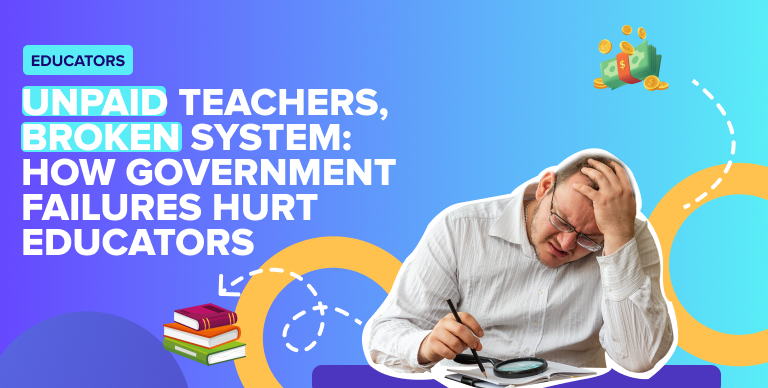Are you an educational leader, and managing time is your biggest challenge? If so, then these time management tips are for you.
“Time is what we want most, but what we use worst.” William Penn
Managing time is a skill, and everyone should master it if they want to succeed in life. The education profession requires excellent time management skills. Educators must accomplish various tasks on time, from checking assignments to making exam question papers; every task should be completed on time.
Some educators may find it challenging to manage time when they have extra work to do. Wondering how to make this problem a thing of the past? Read on because this EDU Blog reveals 3 essential time management tips for educational leaders.
Why are Time Management Skills Important for Educational Leaders?
The answer to this question is simple. Time management is a key trait of any leader. You must know how to manage your time to be an outstanding leader. Also, there are many other reasons why this skill is helpful:
Enhance productivity
Productivity rises when people can set goals for their work, establish feasible goals, and use their time and resources wisely. As a result, more work may be completed simultaneously.
Also, enhanced productivity can be achieved by systematically identifying and reducing time-wasting activities that constitute effective time management. People may do more in less time if they learn to prioritize tasks and ignore distractions.
Reduced stress
Missed deadlines, unfinished tasks, and the need to constantly catch-up are expected results of poor time management. One’s stress levels and work-life balance can benefit from better time management.
Help in decision-making
Time management improves decision-making since it frees up more time for thoughtful discussion. When they comprehensively understand their schedule and priorities, they can make well-considered decisions without being influenced by emotions or time pressures.
Goal setting and realization
Effective time management facilitates goal setting and realization. By dividing work into smaller, more manageable portions and setting aside time for each, educational leaders are more likely to make steady progress toward their goals.
Possibilities for improvement
Learning, skill development, leisure activities, and quality time spent with loved ones all contribute to a person’s well-being and growth. With improved time management, people can make room for learning and growing in their schedules.
Educators are more likely to accept responsibility when they employ time management techniques. They learn more about the consequences of their actions and commitments when establishing and sticking to deadlines.
3 Time Management Tips for Educational Leaders
Managing office work and other activities on time for educational leaders can be difficult because they have to spend a lot of time in their workplace. Here are 3 time management tips for educators that will help them manage time to give equal time to every task.
1. Make a to-do list and prioritize tasks
Creating a list of things to do involves writing down all the tasks and responsibilities that must be completed. When everything is written (or saved in a digital format), educators have an exact and tangible picture of the work they must do.
This helps to ensure that tasks do not fall through the gaps or get overlooked. Educators can concentrate on finishing their work since having a visual list makes it easier to avoid the mental stress of attempting to recall everything.
2. Avoid distractions that delay your work.
Distractions must be minimized as part of enhancing time management skills. Educators can improve their focus and productivity by detecting and minimizing distractions. Here’s a thorough description of how to do so:
To begin with, start to identify the distractions that interfere with your focus and productivity. Social media updates, email alerts, calls, texts, or interruptions from colleagues or students are all common distractions for educators.
Silencing or turning off notifications on your phone or computer during dedicated work periods is effective. This eliminates continual distractions and allows you to focus on the topic without being tempted to check your phone or reply to notifications immediately. Consider using the “Do Not Disturb” option or apps that block notifications during working hours.
Designate a separate location or workspace for work-related tasks to reduce distractions. Make sure the workspace is organized, clutter-free, and favorable to output. This physical separation signals your brain that it is time for focused work and minimizes your chances of becoming distracted.
3. Build a strong team at your workplace.
To manage time effectively, educational leaders need to build a powerful team. By delegating tasks to team members, leaders can reduce their own and avoid becoming overburdened with responsibilities. Specialization allows for assigning tasks to individuals based on their strengths and areas of expertise, resulting in more efficient and productive task completion.
In addition, creating a collaborative work environment promotes collaboration, the exchange of ideas, and problem-solving, ultimately saving time and increasing overall productivity. Investing in the professional development of team members also enables them to perform tasks independently, reducing the need for continuous supervision and freeing up leaders to focus on strategic planning and higher-level responsibilities.
In General about Time Management Tips
Including all these tips in daily routine will increase overall productivity at the workplace. It is essential to have excellent time management skills. Time is precious, whether you are an educational leader or a business leader. Remember that time is the most valuable thing a man can spend. So spend your time wisely.
Ready to improve your time management skills and excel in global education? Join EDU Passport and unlock a world of opportunities. Sign up now!




